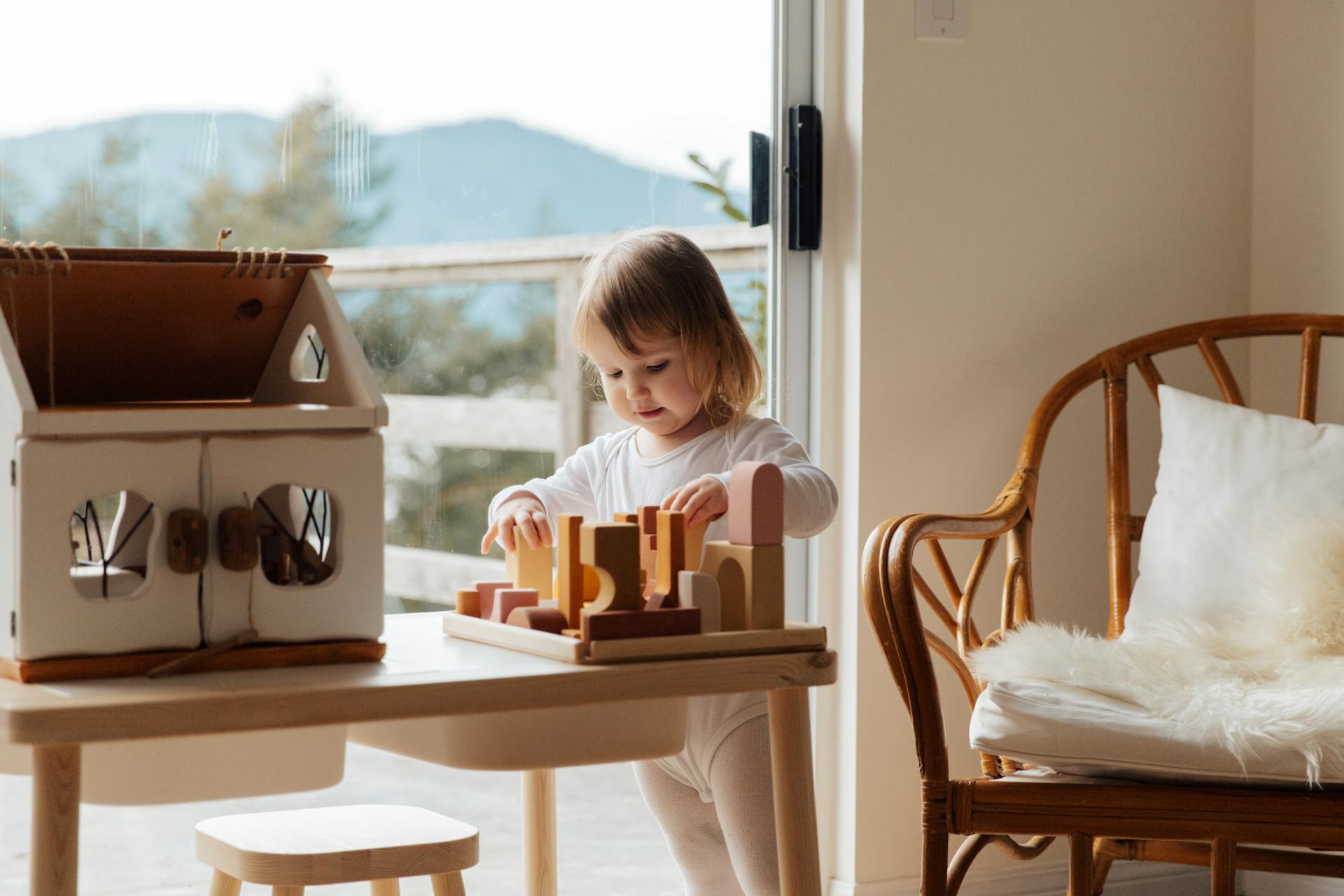The Role of Play in Accelerating Child Development and Learning
Watching children at play, we witness more than just joyful moments of laughter and fun. Behind the giggles and games lies a world of profound significance, a world where learning, growth, and development unfold in delightful ways. Often overlooked as mere amusement, play is a powerful catalyst in accelerating a child’s development and nurturing crucial skills that lay the foundation for a bright future.
Why Is Play So Important in Child Development?
 There are many reasons why play is essential to a child’s development. First and foremost, play allows children to explore the world around them and make sense of their experiences. They can interact with objects and people through play, experiment with cause and effect, problem-solve, and build their creativity and imagination. Moreover, play offers opportunities for physical development. Running, jumping, throwing, and climbing contribute to a child’s gross motor skills and coordination. Fine motor skills are also honed through activities like drawing, painting, building with blocks, or playing with small toys. Play is also an essential tool for social and emotional development. In the play, children learn how to share, take turns, negotiate, and cooperate with others. They also have the chance to express and process their emotions, building resilience and coping skills.
There are many reasons why play is essential to a child’s development. First and foremost, play allows children to explore the world around them and make sense of their experiences. They can interact with objects and people through play, experiment with cause and effect, problem-solve, and build their creativity and imagination. Moreover, play offers opportunities for physical development. Running, jumping, throwing, and climbing contribute to a child’s gross motor skills and coordination. Fine motor skills are also honed through activities like drawing, painting, building with blocks, or playing with small toys. Play is also an essential tool for social and emotional development. In the play, children learn how to share, take turns, negotiate, and cooperate with others. They also have the chance to express and process their emotions, building resilience and coping skills.
The Impact of Play on Learning
Play-based learning has gained increasing attention in recent years as research shows its positive impact on a child’s academic success. Children develop valuable cognitive skills through play, such as problem-solving, critical thinking, and decision-making. Furthermore, space provides a meaningful context for learning. When children are engaged in play, they are motivated and interested, which enhances their ability to absorb new information and concepts. Play also allows children to apply what they have learned in real-life situations, making the learning experience more tangible and relevant. Beyond academic skills, the play also promotes a love of learning. Children who engage in playful activities develop a positive attitude towards learning, seeing it as a joyful and exciting experience rather than a chore.
The Role of Parents and Caregivers
 Parents and caregivers play a crucial role in promoting play in a child’s life. By creating a safe and stimulating environment for play, they provide children with the resources and materials needed to explore, learn, and grow. They can also actively participate in their child’s play, offering guidance and support when needed. Parents and caregivers can also encourage unstructured play time, where children are free to choose their activities and use their imagination without any adult direction. By doing so, they foster independence, self-regulation, and decision-making skills.
Parents and caregivers play a crucial role in promoting play in a child’s life. By creating a safe and stimulating environment for play, they provide children with the resources and materials needed to explore, learn, and grow. They can also actively participate in their child’s play, offering guidance and support when needed. Parents and caregivers can also encourage unstructured play time, where children are free to choose their activities and use their imagination without any adult direction. By doing so, they foster independence, self-regulation, and decision-making skills.
In Conclusion
As parents, caregivers, and educators, recognizing the significance of play is key to nurturing well-rounded, thriving children. It’s about celebrating play as a fundamental aspect of childhood. An avenue where learning, growth, and joy intertwine. So, let’s cherish those moments of play where the magic of childhood unfolds. Let’s value the laughter, the creativity, and the boundless potential inherent in play. The very fabric that weaves the tapestry of a child’s bright and vibrant future.…

